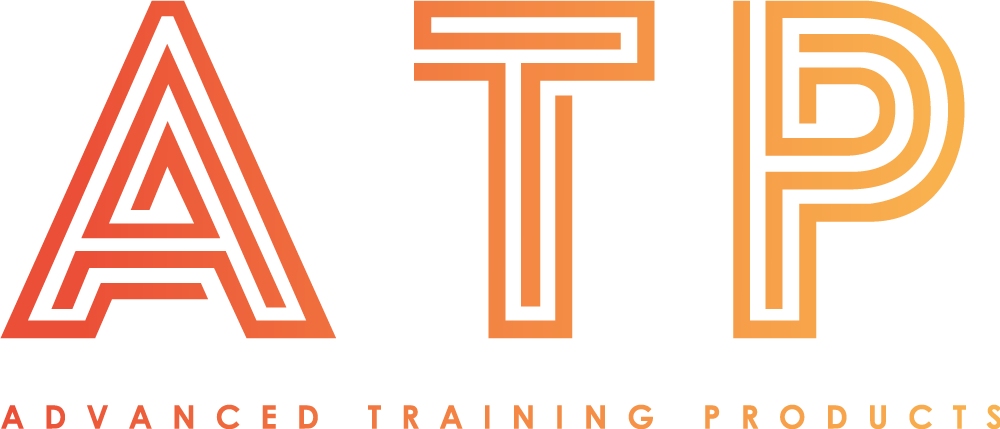White Papers and Press Releases
At Advanced Training Products, we're committed to empowering organizations with the knowledge and tools they need to create safer, healthier workplaces. Our thought leadership resources provide valuable insights into a range of topics, including:
- Total Worker Health® initiatives
- Workplace impairment prevention
- Reasonable suspicion protocols
- Cannabis legalization and its impact on the workplace
Stay informed and stay ahead with our expert analysis and actionable advice.
Keep up with the latest industry news through our press releases below.
Cultivating a Culture of Shared Responsibility: Empowering Employees Through Participation & Feedback in Workplace Impairment Prevention
The Importance of Employee Participation and Feedback: Active employee involvement in impairment prevention and well-being initiatives offers several key benefits.
- Empowering Employees: Encouraging employee participation empowers individuals to take ownership of their health and well-being, promoting a sense of responsibility and engagement.
- Diverse Perspectives: Employee feedback provides valuable insights into different experiences, challenges, and potential areas for improvement, informing more effective prevention strategies.
- Sustainable Culture Shift: By actively involving employees, organizations can cultivate a lasting culture of shared responsibility for well-being and impairment prevention.
- Enhanced Collaboration: Fostering employee participation encourages collaboration among employees, managers, and HR personnel, and promoting a team-based approach to impairment prevention.
Strategies for Encouraging Employee Participation: Organizations can implement various strategies to encourage employee participation in impairment prevention efforts.
- Conduct Employee Surveys: Regularly conduct surveys to gather feedback on employee perceptions, concerns, and suggestions regarding impairment prevention and workplace well-being.
- Establish Employee Wellness Committees: Create employee-led wellness committees to provide a platform for input on wellness initiatives, impairment prevention strategies, and resource allocation.
- Promote Open Communication: Create a culture of open communication where employees feel safe discussing impairment-related issues without fear of judgment or retaliation.
- Recognize and Reward Participation: Acknowledge and reward employee contributions to impairment prevention efforts, reinforcing positive behavior and fostering a sense of appreciation.
Integrating Employee Feedback into Documentation and Training: Employee feedback plays a critical role in enhancing the effectiveness of documentation and training materials.
- Feedback on Documentation & Training: Gather employee feedback on the clarity, accessibility, and relevance of impairment-related documentation and training, ensuring they remain relevant, informative, and aligned with employee needs.
- Transparency and Communication: Share feedback summaries with employees, demonstrating transparency and fostering a sense of shared responsibility for continuous improvement.
- Employee Involvement in Training Development: Involve employees in the development or revision of impairment awareness training materials to ensure they reflect their perspectives and experiences.
Certain states like New Jersey have established the role of the Workplace Impairment Recognition Expert ("WIRE") to help address these issues. Advanced Training Products offers an innovative solution: WIRE Certified Training™.

